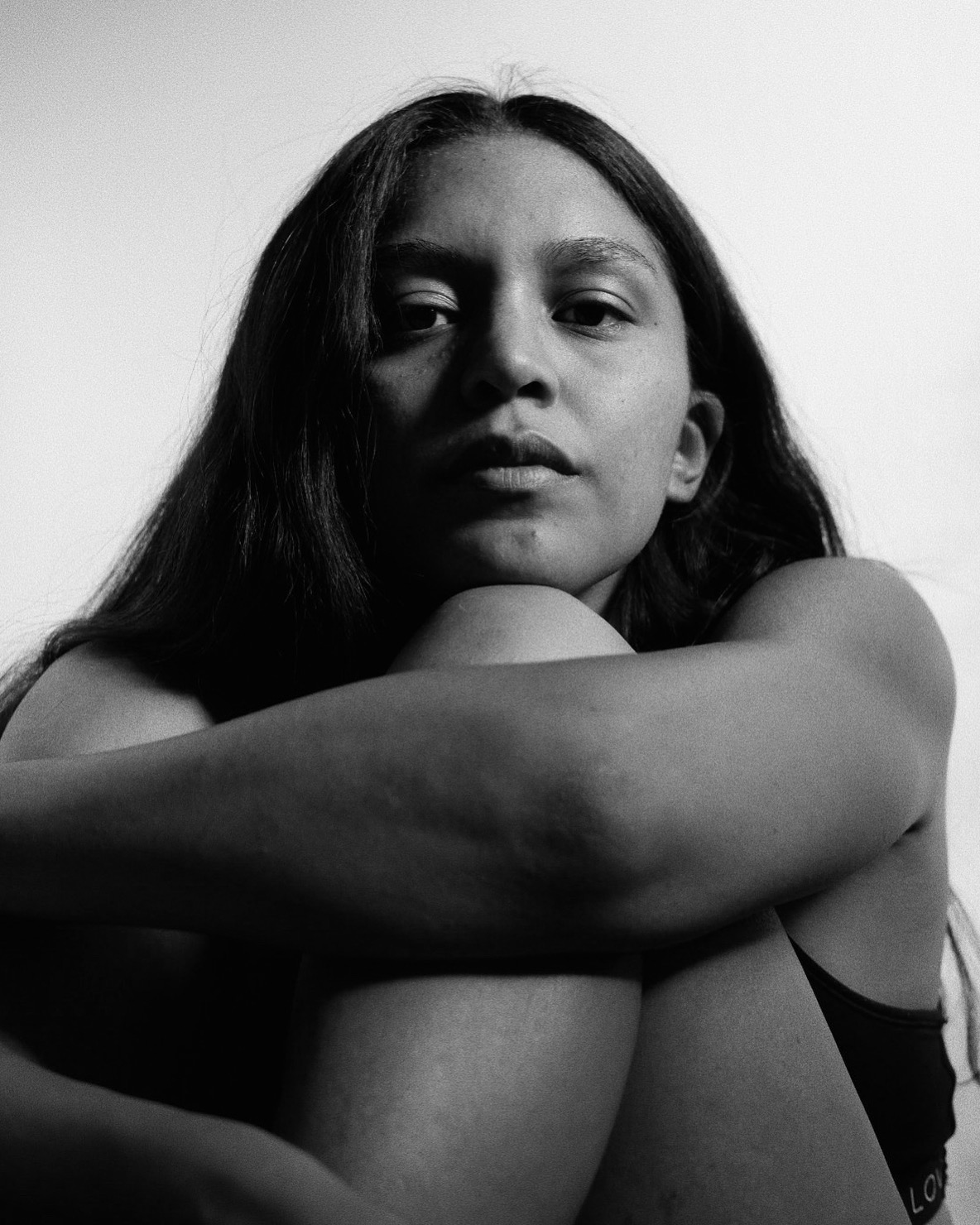A recent report by the Venezuelan Observatory of Digital Media ProBox exposed the manipulation and domination of social media by the regimes of Venezuela, Cuba and Nicaragua in an attempt to influence public opinion
ProBox, a non-governmental organization that fights online misinformation and raises awareness through digital education and innovation, presented a report with figures that explain the behavior of the interactions on Twitter during 2022 and the coordination between the Venezuelan regime and Cuba and Nicaragua to impose their narratives on social media.
The report was presented on June 29 along with the introduction of a new tool that shows the benefits of artificial intelligence in good hands.
Boti, an avatar created by Probox with the use of AI, helped to illustrate that technology is not necessarily negative or dangerous and that many changes take place at the pace of technological advancement.
“The world is changing and social and political conversations online are expanding to other platforms such as TikTok and Facebook; therefore, ProBox will keep monitoring Twitter but we will also begin to look into the dynamics in other platforms”, explained Mariví Marín Vázquez, executive director of Probox, during the presentation of the new strategy of the organization.
Key findings
Do regimes follow a censorship manual?
The report shows how disinformation networks operate on Twitter and how social activists have managed to sneak into this network and expand their voices, as well as the new challenges and opportunities in the path ahead.
In this sense, ProBox pointed out that Chavismo has imposed ways to operate and spread disinformation on Twitter with other regimes such as Nicaragua and Cuba supporting the tactics of control and manipulation to accomplish the mission of promoting fake content.
“When analyzing in detail the tactics of the regimes in Venezuela, Cuba and Nicaragua, it becomes clear that the actions seem to follow a manual that includes the censorship of traditional and digital media, the persecution of journalists, activists and civil society, the creation of legislation to regulate the internet, and the manipulation of the conversation on social media”, Marín said.
Trends and figures
The 2022 report studied a total of 1,242 socio-political trends and more than 200 million tweets. According to the organization’s analysis, 65% of the content produced by the government was manipulated while 75% and 73% of the content produced by civil society actors and other groups offered genuine information, respectively.
The report shows that the most commonly used hashtags were #PNBPorLaVida (“Bolivarian National Police for Life”), which came out as the most inorganic hashtag with 97.64%, while #Gasolina (Fuel) became the most authentic trending topic of the year with 99.81. %.
Regime control
ProBox explained that some of the trending topics in Venezuela for 2022 called for the release of Alex Saab or were propaganda in favor of the Bolivarian National Guard and the Bolivarian National Armed Force. On average, 80% of the communications or content on social media was estimated to have been manipulated through hashtags promoted by the Venezuelan Ministry of Communication and Information (Mippci).
People’s demands through hashtags
The demands on the part of Venezuelan citizens did not take long to become trending topics through the use of hashtags that called for a more stable economy, a behavior replicated by teachers and workers of the public sector. The hashtag #SinLuz (“Blackout”) ranked second among the most recurring topics on Twitter in Venezuela.
The demands gained momentum in the framework of allegations of human rights violations, which were the main reason for protests.
Censorship and persecution
Since 2021, ProBox has been able to study the communication strategies used by regimes in Venezuela, Cuba and Nicaragua, including the censorship of traditional and digital media, the persecution of journalists, activists and civil society, the creation of legislation to regulate the Internet, and the manipulation of digital conversations on social media.
New challenges
Fighting misinformation is becoming increasingly difficult on Twitter. In the first place, access to the application programming interface (API) for private research platforms and the political use of artificial intelligence has become a great challenge as the Venezuelan regime has begun to create avatars that simulate real journalists. Funding gaps are also an obstacle.
An ongoing expansion
ProBox plans to continue its monitoring to reach other social platforms such as Facebook and TikTok.
Delving into new platforms implies an innovative design, tools and analysis criteria to understand the strategy for the manipulation of digital content by authoritarian regimes around the world.
The importance of continuing to denounce the socio-political manipulation of content on social media is key for the group of activists at ProBox.
“The international community bases many of its decisions on information gathered through social media, making online manipulation worthy of denouncing and refuting”, Marín explained.
Read the full report HERE.
Translated by José Rafael Medina




